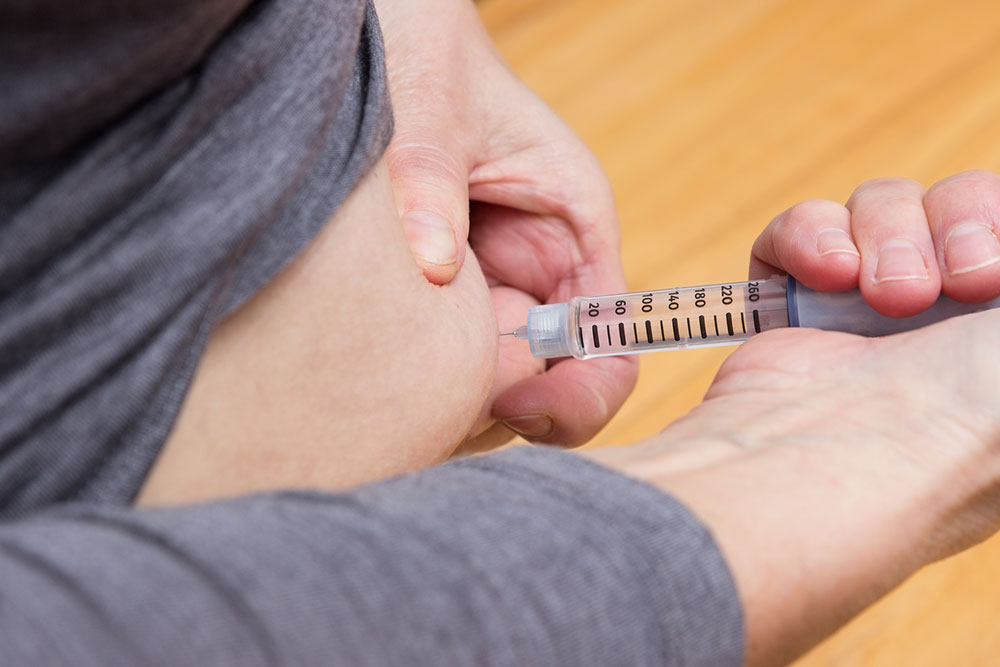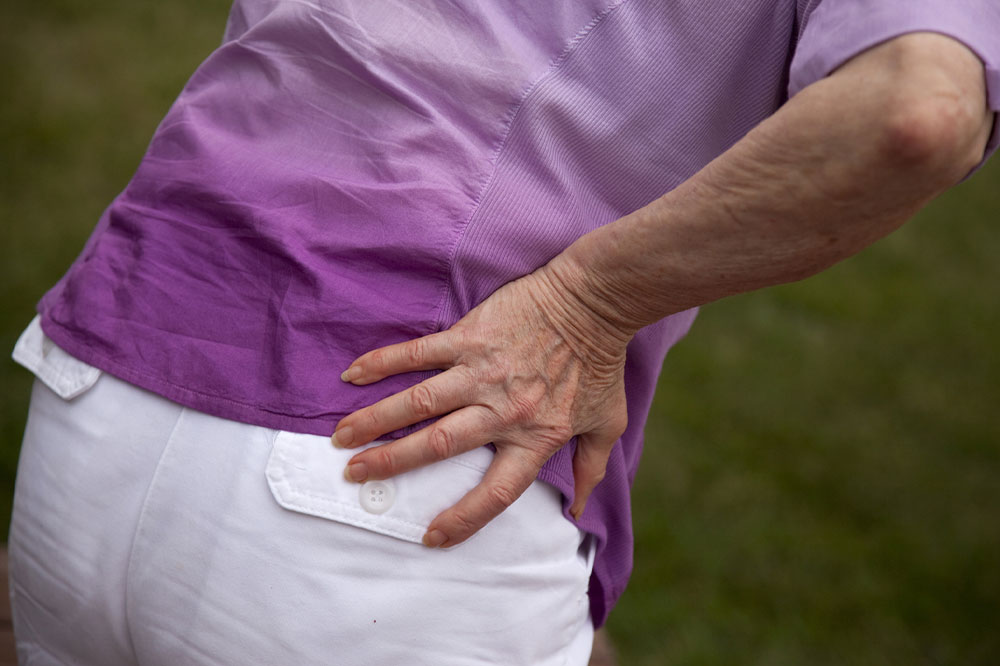Types of Specialized Rehabilitation Facilities
Explore various types of rehabilitation facilities catering to physical recovery, addiction treatment, criminal behavior correction, eating disorder management, and mental health support. These centers are tailored to assist individuals with diverse health and behavioral challenges, promoting recovery and societal reintegration.
Sponsored

Varieties of Specialized Rehabilitation Facilities
Rehabilitation centers are specialized institutions providing various treatments and therapies for health conditions or substance dependency. These centers serve different needs, including addiction recovery, behavioral modification for offenders, and support for mental and physical health issues. This article explores the main categories of rehabilitation services tailored to specific concerns:
Physical Therapy and Recovery These centers focus on post-surgical recovery and mobility restoration. Led by physiatrists, they aim to improve functionality and quality of life for individuals with physical disabilities due to injury or illness involving the brain or spinal cord. Treatments typically include physical, occupational, and speech therapies, offered as inpatient or outpatient services for conditions like orthopedic injuries, chronic pain, or occupational injuries.
Addiction Support Programs These facilities offer treatment plans targeting alcohol or drug dependency. Severe cases may require residential inpatient programs that provide a controlled environment, free from triggers, facilitating recovery and withdrawal management. Milder cases often utilize outpatient plans allowing patients to receive therapy while returning home. Treatment involves behavioral therapy or medication to manage psychological and physical aspects of addiction.
Offender Rehabilitation Programs designed for inmates and offenders focus on addressing root psychological factors of criminal behavior. These initiatives include educational courses and employment training, aiding offenders in gaining societal skills and employment prospects after release. Such programs aim to reduce recidivism by fostering responsible and accountable behavior.
Eating Disorder Management Eating disorders involve unhealthy eating behaviors, affecting individuals regardless of age. Conditions like anorexia or binge-eating disorder require different levels of care. Severe cases may necessitate inpatient or residential treatment with continuous monitoring, while mild cases might be managed through outpatient or partial hospitalization programs tailored to the patient's needs.
Mental Health Rehabilitation For those recovering from serious psychiatric conditions such as bipolar disorder or schizophrenia, mental health rehab centers support the transition back to daily life. These facilities focus on social skills development, cognitive therapy, and integration strategies, helping patients rebuild independence and social functioning after initial treatment phases.






